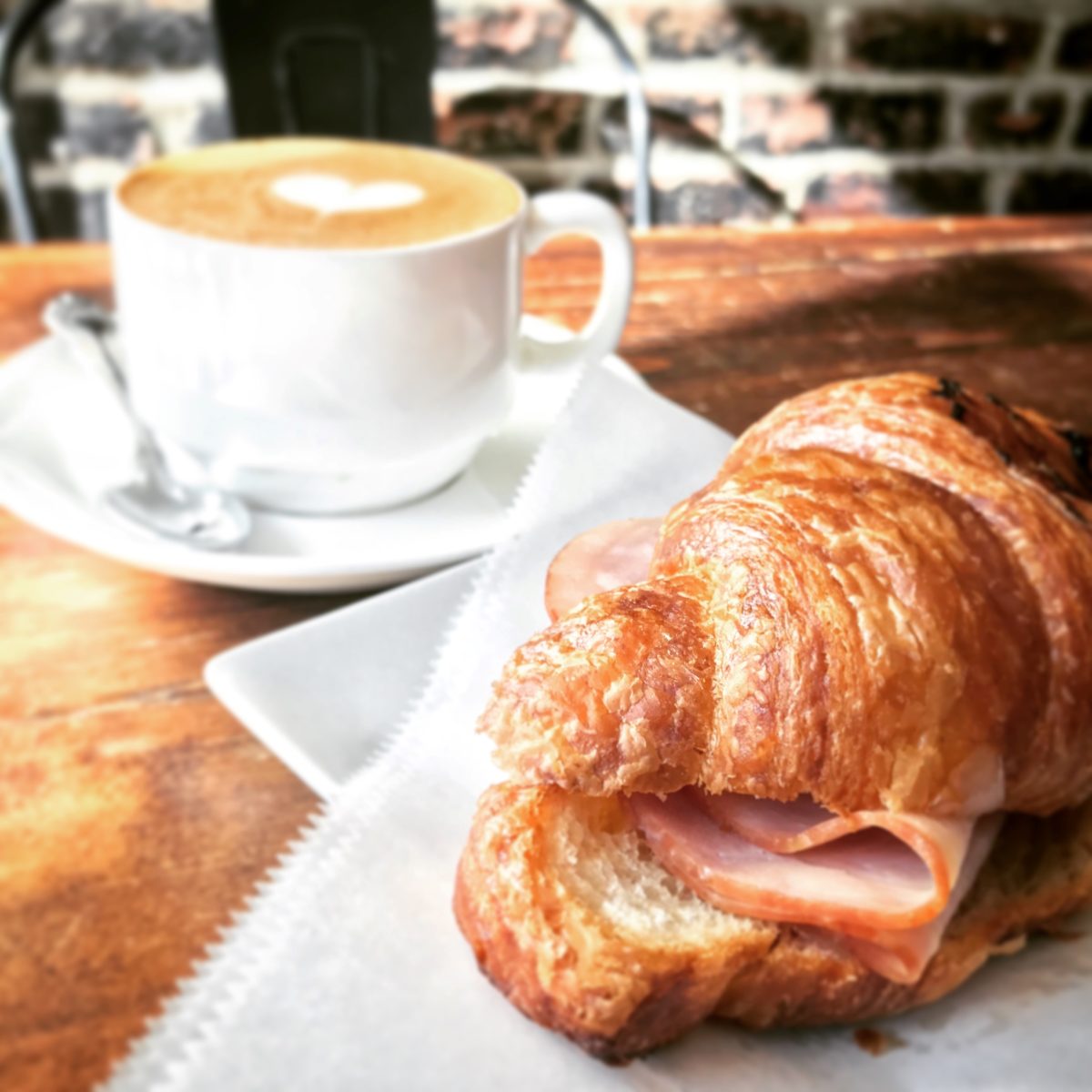I don’t drink coffee, but that hasn’t stopped Chi-Sum Ngai from goading me to try hers since the first time I stepped into her café.
In 2015, the Malaysia-born entrepreneur opened Coffee Project with her partner, Kaleena Teoh, in Manhattan’s East Village neighborhood. To this day, I’ve still never ordered anything other than a chai latte or a cup of tea, but I don’t need to drink the coffee to sense Ngai’s passion for it. Though she began her career in IT before making a name for herself in New York’s competitive café scene, Ngai has coffee in her blood: She’s been drinking it since the age of 5, she tells me, having spent much of her childhood in her family’s coffee shop in the Kampar district of Perak, Malaysia.
The coffee she grew up drinking is very different from the coffee she serves at Coffee Project. Traditional Malaysian coffee, Ngai tells me, is very dark. For that reason, people drink it with sugar or milk, and sometimes both. The beans commonly used in Malaysia are naturally bitter and incredibly robust, with have high levels of caffeine, she explains. To sweeten the flavor profile, Malaysians have developed a unique roasting process—thoughts of which make Ngai nostalgic.
She tells me that Malaysian coffee beans are often roasted with margarine or butter, which adds sugar to the roast. “Every family in Malaysia who does coffee like this has their own secret ingredient that they put into their roast,” she shares. Her partner Kaleena’s brother-in-law’s family uses corn, for example. It’s this highly individualized flavor profile that makes Malaysian coffee so special and each roast unique.
Though her time in the States has led her acquire a taste for straight espresso, in Malaysia Ngai drinks her coffee with condensed milk; the resulting taste is sweet and creamy, not unlike an “Asian caramel mocha.” She smiles as she describes the flavors of her childhood, making it clear that the coffee culture of her home country has little in common with that of the U.S., where craft shops are known to have an air of pretension. “A typical Malaysian coffee shop is nothing modern; it’s very old school. You have ceiling fans, it’s very crowded, and it’s very hot and humid. Everybody will just sit there and drink coffee, and be really happy about what they’re eating and drinking.”
As a result, her coffee shop does things a little differently than others in the city. Ngai is on a first name basis with many of the customers who walk through the door. She knows their drink orders and tidbits about their families. Many customers stay awhile, chatting with each other like I imagine people do in Malaysian coffee shops.
“There is no true Malaysian coffee shop in New York City,” she tells me. “There are some things that are very close—everyone wants to recreate it—but it just isn’t quite the same. I have not had one coffee that I think is just like home.”
Ngai’s coffee shop isn’t just a business venture; it’s a space where she can both remain connected to her immigrant identity and anchor herself in New York. At Coffee Project, she’s just as likely to host an event in support of DACA, as she did earlier this year, as she is to feature local art in her space. She tells me that “Malaysian and American cultures have merged” in her sunny coffee shop in the East Village, and I believe her.







